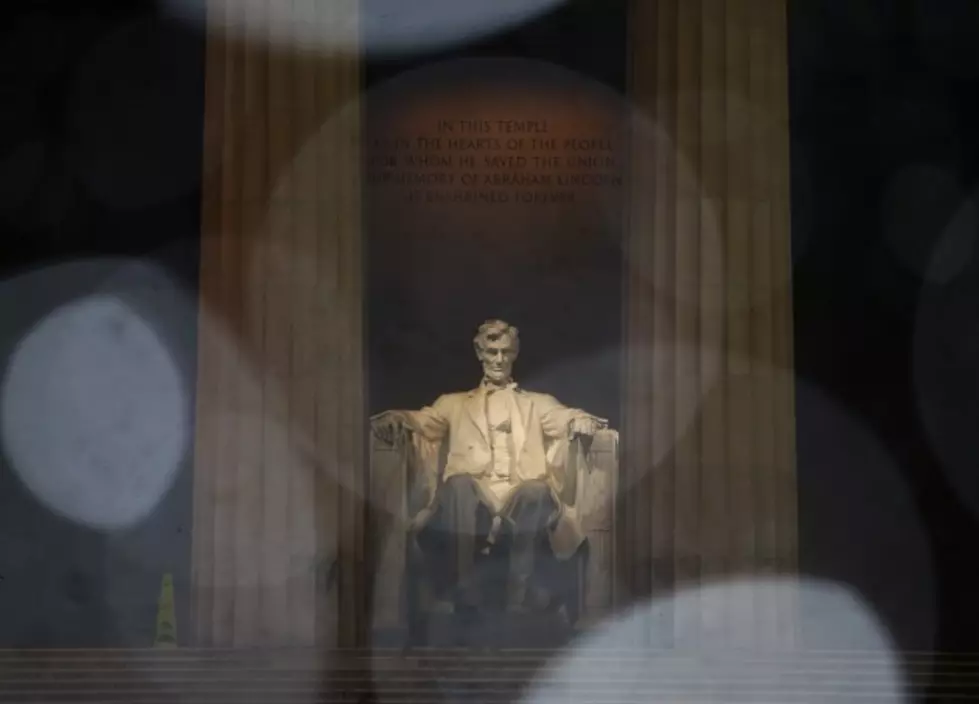
The Assassination of Lincoln
As the Civil War was entering it’s final stages, John Wilkes Booth, a Maryland native with Confederate sympathies concocted a plot to kidnap President Abraham Lincoln and transport him to the Confederate capital of Richmond, Virginia.
On March 20, 1865, the kidnap plot was in place but Lincoln was missing. Lincoln failed to appear at the planned kidnapping location. Two weeks later the Union armies took Richmond. Knowing that the war was being lost, Booth, and his six co-conspirators, had to come up with a desperate plan if they were to save the Confederacy.
Disrupting The Government
Booth and his associates got word that Lincoln would be attending a performance of “Our American Cousin” at Ford’s Theatre on April 14th. Booth’s plan was to assassinate the president, along with Vice President Andrew Johnson, and Secretary of State William H. Seward.
By severely disrupting the successors to the presidency Booth thought this could give the South time to regroup while the Union wrestled with putting new leadership in place and reorganizing the Northern war effort.
10:15 PM April 14th – Ford’s Theatre
Lincoln, his wife Mary, an army officer named Henry Rathbone, and Clara Harris, Rathbone’s fiancé, arrived late to the play and were seated in a private box above the stage.
Booth fired his .44-caliber single shot derringer into the back of the president’s head at 10:15 PM. He then stabbed Rathbone who had attacked him after firing the fatal shot.
Booth jumped from the box to the stage below breaking his leg in the process and screamed, “Sic semper tyrannis!” It was the Virginia state motto, “Thus ever to tyrants.” Despite his injuries Booth managed to escape the theatre and rode away on horseback.
The House Across The Street
Charles Leale, a 23-year old doctor, was in the audience rushed to Lincoln’s aid. Soldiers carried Lincoln to a bed in a house across the street. The surgeon general determined that Lincoln’s wound was too severe and the president could not be saved.
With Vice President Andrew Johnson, members of the cabinet, and Lincoln’s friends and family in attendance, he died at 7:22 a.m. the following day.
The Aftermath
The hunt for John Wilkes Booth was one of the largest manhunts in American history. Being a poplar actor, Booth was immediately recognized by many in the audience when he leapt to the stage. Audience members believed it was part of the play until they heard Mary Lincoln’s screams.
Over 10,000 police, detectives and military troops were called into action. Flags flew at half-staff, business closed, and those who had recently begin celebrating the surrender of Robert E. Lee five days earlier, ending the Civil War, were now faced with processing the death of their president.
Booth’s Capture
Booth, and one of his partners in crime, David Herold, crossed the Anacostia River making their way to southern Maryland.
Dr. Samuel Mudd set Booth’s injured leg earning him a life sentence for his trouble that was later commuted. The pair rowed across the Potomac to Virginia to hide in the farmhouse of Thomas A. Jones, a confederate agent.
The Virginia farmhouse hideout was discovered by Federal troops and set on fire to flush out Booth and Herold. Herold surrendered quickly but Booth remained in the house and was eventually shot in the throat by one of the soldiers. Though alive when he was carried out, Booth died three hours later. His last words, “Useless, useless.”
Final Justice
David Herold and four of Booth’s associates were hanged on July 7, 1865. So much for spending years on death row going through endless trials and appeals. Booth and his group planned their crimes in the boarding house of Mary Surratt who became the first woman put to death by the federal government for her part in the conspiracy.
Some Final Thoughts
Most American’s have not lived through the assassination of a president. Growing up in Illinois, as a kid I do remember talking to people who had seen Lincoln in person. He died 78 years before I was born.
But I did live through the Kennedy assassination in 1963. A time before the Internet and 24/7 cable TV. The nation was mesmerized. Everything stopped as we watched the events from Dealey Plaza in Dallas to the rotunda in Washington, DC. It’s a reality you just don’t want to be real. Presidents aren’t killed. History is altered forever in the blink of an eye — and so are you.
More From KMMS-KPRK 1450 AM







![[POLL] Will You Got Back to Restaurants and Bars When They Open?](http://townsquare.media/site/8/files/2017/04/Adam-Berry.jpg?w=980&q=75)
![[POLL] Should wearing a mask in public be mandatory?](http://townsquare.media/site/8/files/2020/04/GettyImages-1213079528.jpg?w=980&q=75)
